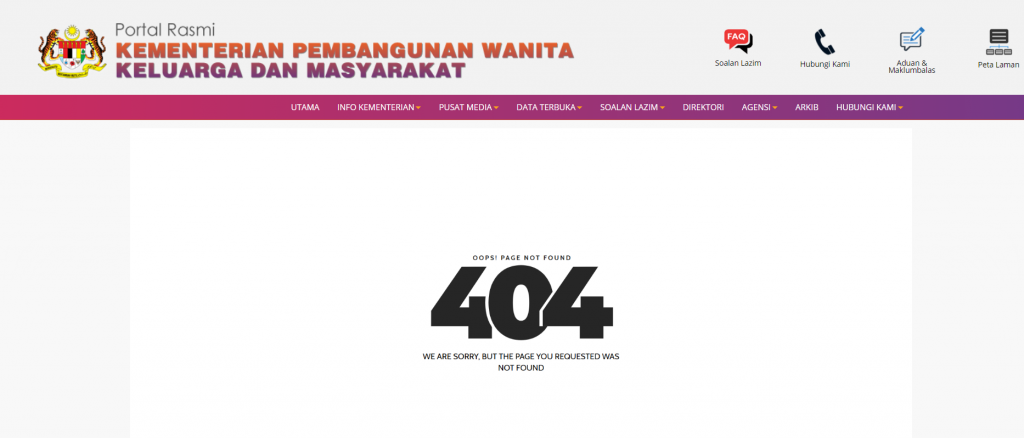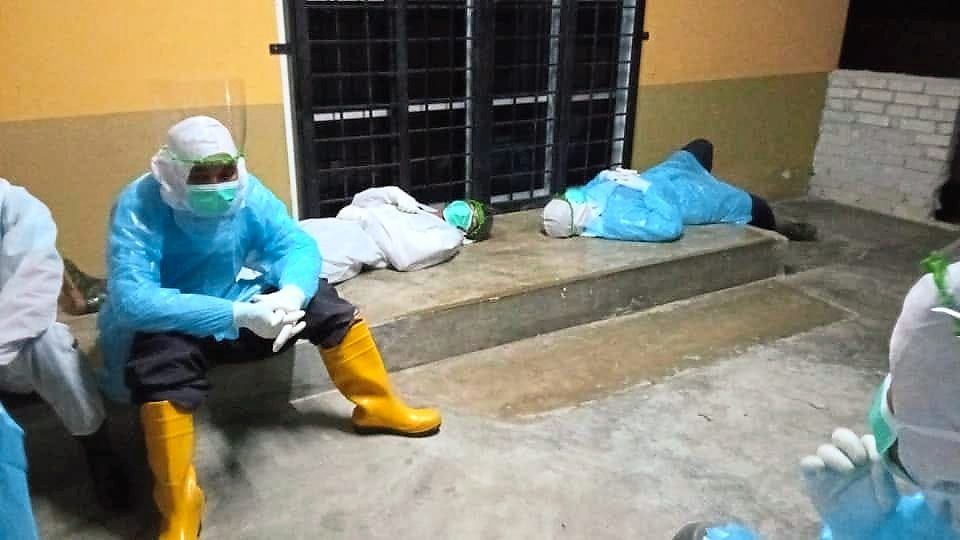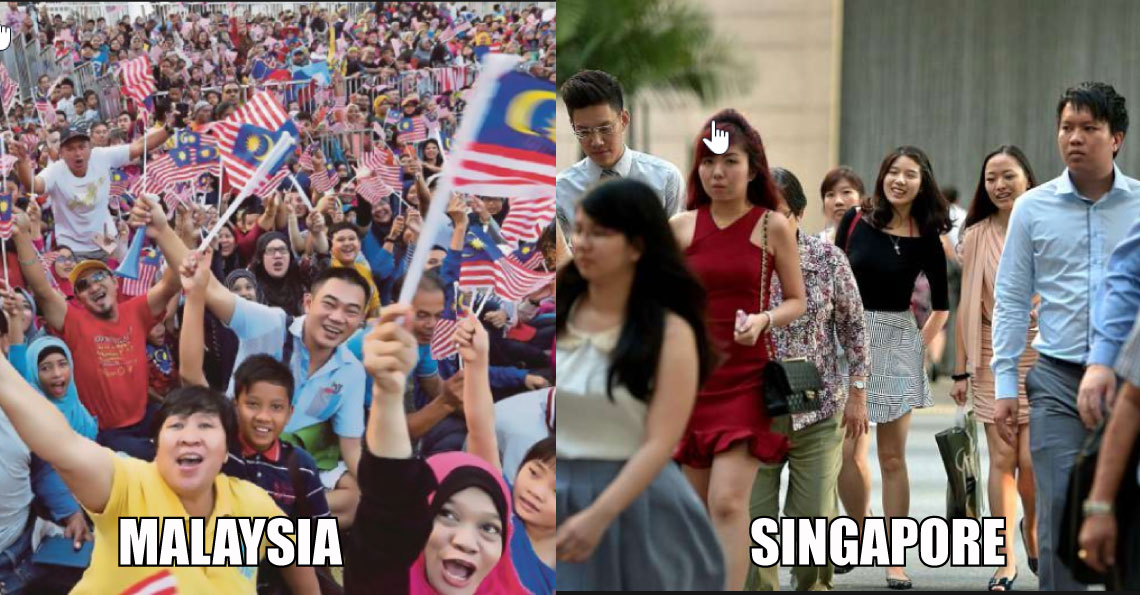The sad reason why Malaysia faces a shortage of mental health counsellors… again.

- 308Shares
- Facebook271
- Twitter6
- LinkedIn10
- Email7
- WhatsApp14
It’s no secret that recent developments have been begging for a boost in counsellor numbers in Malaysia: according to Health Minister Datuk Seri Dr Adham Baba, 85.5% of distress calls received by Government agencies in March-May 2021 were related to mental health issues.
And the worst part is that this shortage has been ongoing for a while. Two years ago, our then-Women, Family and Community Development Minister, Hannah Yeoh, called attention to a shortage in counselling professionals to address the increasing mental health issues suffered by Malaysians. According to YB Yeoh, we fell 2,945 short of the 11,000 target set by the Malaysian Board of Counsellors (LKM). At one point, it was even so bad that this licensed and registered LKM counsellor pleaded with the government to allow registration of overseas-trained counsellors.

However, the counselling industry in Malaysia has hit yet another roadblock, which may prolong the problem of counsellor shortage: many Malaysian counselling students are unable to finish their studies because of the Covid-19 pandemic. And to understand why, we first need to know who the Malaysian Board of Counsellors (LKM) are, and the role they play in Malaysia’s counselling field.
LKM was founded in 1993 to regulate and supervise the counselling field in Malaysia
Normally when we think of counsellors, we usually think of school counsellors—y’know, the ones you get sent to for trying to be the class clown. But yeah, as it turns out, we do owe a lot to Malaysian schoolteachers, because the whole field of counselling here started with them. Prior to 1996, secondary school teachers adopted dual roles of teachers and counsellor, before the Ministry began employing professional school counsellors in full-time positions. By 2000, full-time counsellors were a staple in every Malaysian secondary school.

In wasn’t always smooth sailing though; influenced by the guidance and counselling movement in the United States, the importance of counselling in Malaysian schools was first recognized by Malaysia’s Ministry of Education in 1963, but actual plans for counselling services did not come to fruition then due to lack of financial and human resources.
However, with the growing drug problem among youth in Malaysia in the 1980s, the Ministry revived those plans. This began with the founding of the National Counselling Council (MKK) in 1993 by Malaysia’s then-Cabinet, who were mainly charged with drafting laws for the local counselling industry. The Malaysian Counselling Board (LKM) was founded as a result of those laws (under the Counsellor Act 1998), and were afforded regulatory and supervisory powers over all counselling activities in Malaysia.
Ok, so we know who they are. Now on to the issue at hand: why are counselling students in Malaysia now facing a roadblock in their studies? Well…
LKM is making it frustrating for counselling students to graduate
This issue was first brought to our attention by an anonymous counselling student named Y (as in, “Y can’t I graduate, man?!”), who says:
“I find it ironic when people promote mental health resources without considering us students who are supposed to provide in future, especially in the middle of a pandemic. A lot of us are stressed and depressed; how to move forward and provide if we are affected?” – Y, counselling student at a local private university
And it’s not just Y, since other students have also taken to social media to air their frustration:

The crux of the issue is that LKM does not recognize online hours as ‘contact hours’ for student internships, thus preventing counselling students from graduating during the pandemic with LKM accreditation. To explain what exactly this means, here’s an excerpt from LKM themselves on the qualification standards for internships (which, for some reason, we couldn’t find anywhere online, and had to be obtained via our anonymous student contact):

TL, DR; MCO = no contact hours, because online hours are counted here as ‘non-contact’ hours. This tiny detail complicates matters for counselling students who need to complete their internships to graduate with LKM accreditation, because they are unable to meet clients face-to-face due to the pandemic:
“… many have graduation delays, or they back out of the program, so leads to shortage of counselors, even though in 2019 an article already highlighted lack of enough counselors in Malaysia.” – Y, counselling student at a local private university
Now, what if a counselling student is dead set on graduating, and would be willing to risk their life (and possibly money) to go out and meet clients anyway to do it? Well, they would still face difficulties; as claimed in the earlier FB post, most clients nowadays prefer online mental health services rather than face-to-face.
Anyway, this has apparently been going on since MCO 1.0, and the situation has remained unchanged for 1 year and 3 months. We tried to reach LKM for comment, but for whatever reason, they did not respond. Oh, did we mention that the ‘Contact Us’ button on their website is broken? Because when we clicked on it, it redirected us to:

(Go ahead, give it a try yourselves)
Strangely, the resounding silence of LKM persists despite other countries making allowances for the pandemic, such as the UK’s British Association for Counselling and Psychotherapy (BACP), who relaxed certain requirements in their accreditation policy to allow students more flexibility to complete their studies. It should be also be noted that the BACP counted applicants’ online/telephone interviews towards their accreditation hours even before the pandemic (provided they can submit their way of working and evidence of competency in providing online/telephone counselling).
It may not be the most popular field in Malaysia, but we need mental health workers now more than ever

The importance of trained professionals in the mental health field cannot be understated, as the rise in mental health issues and suicides show. It’s crucial that the issue is addressed immediately, because if it isn’t…
“… we could be in a crisis situation which warrants an immediate multi-agency team to manage” – Prof Dr. Haslee Sharil Lim Abdullah, Faculty of Leadership and Management, Universiti Sains Islam Malaysia
As mentioned earlier, Malaysia is suffering from a shortage of counsellors, but this shortage also extends to other jobs in the psychological field, such as psychiatrists and psychologists. And it’s pretty bad, because Malaysians are falling apart, and demand for mental health services has overtaken supply; in the first five months of MCO alone (when Covid-19 cases were much lower), our National Fire and Rescue Department had to carry out 88 suicide prevention missions, 3 of which were unfortunately unsuccessful. Experts believe this number could increase, basing this prediction on the increased SOP violations by the public:
“They are suffering from pandemic exhaustion to the point of triggering psychological and emotional effects that bring to a level where they no longer care about the situation of the COVID-19 pandemic… It is the current situation that can sometimes leads to irrational thinking.” – Hushim Salleh, counselling expert
“They (mental issue sufferers) are almost in pieces… By now, the figure could be much higher and increasing by the day, more so with the unabated onslaught of the pandemic.” – Prof Dr. Haslee Sharil Lim Abdullah, Faculty of Leadership and Management, Universiti Sains Islam Malaysia
The short end of it is that mental health workers are being overworked, and the students who are supposed to lessen the burden are unable to do so, thus creating an endless loop of mental health chaos for all involved. It remains to be seen what is to be done to help them, but in present circumstances, their services have become more essential than ever.
- 308Shares
- Facebook271
- Twitter6
- LinkedIn10
- Email7
- WhatsApp14



